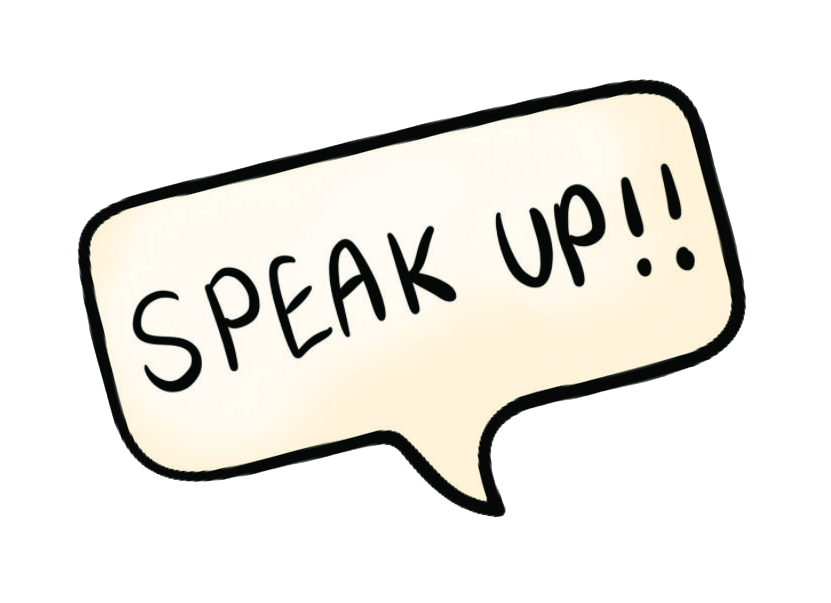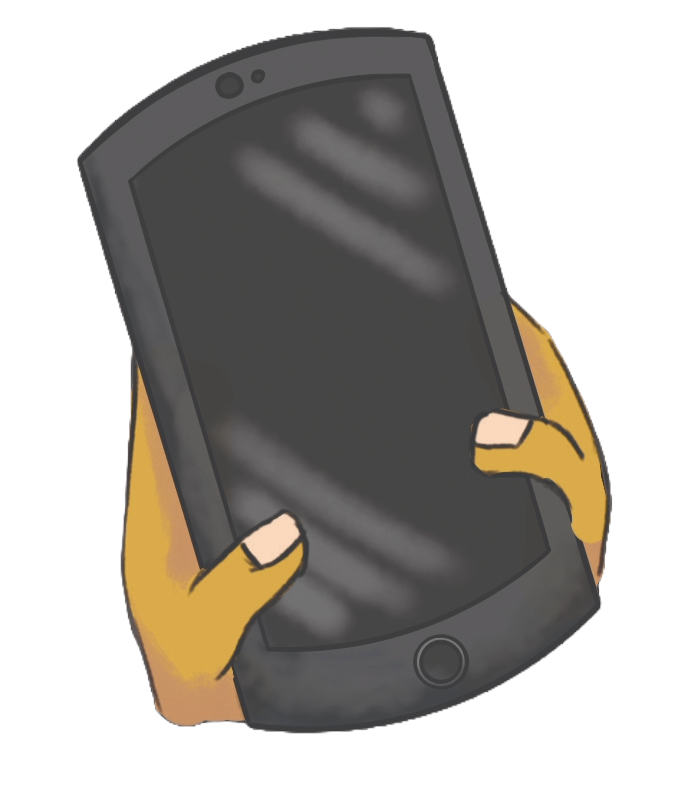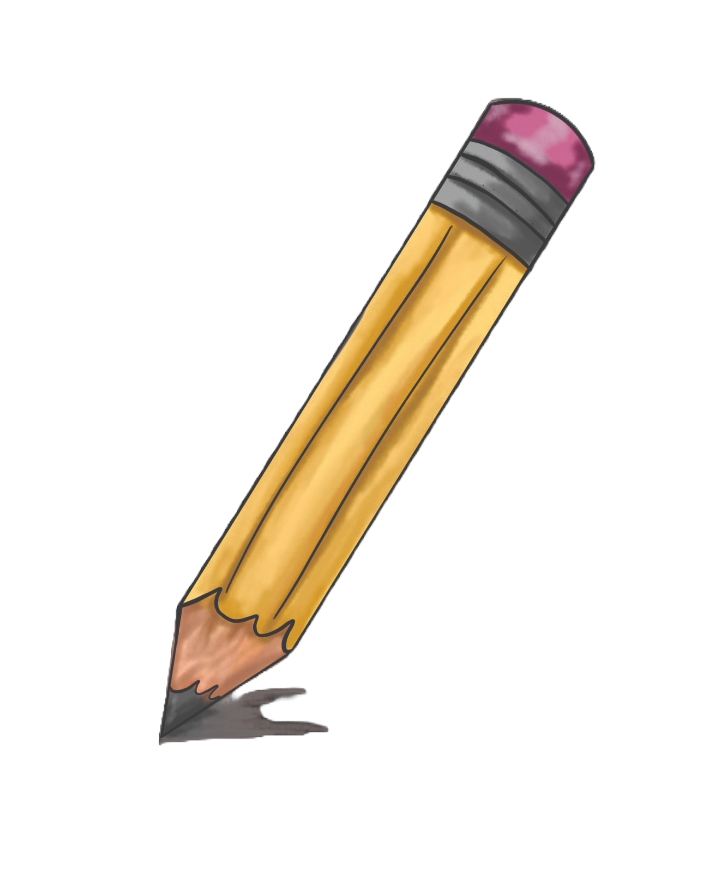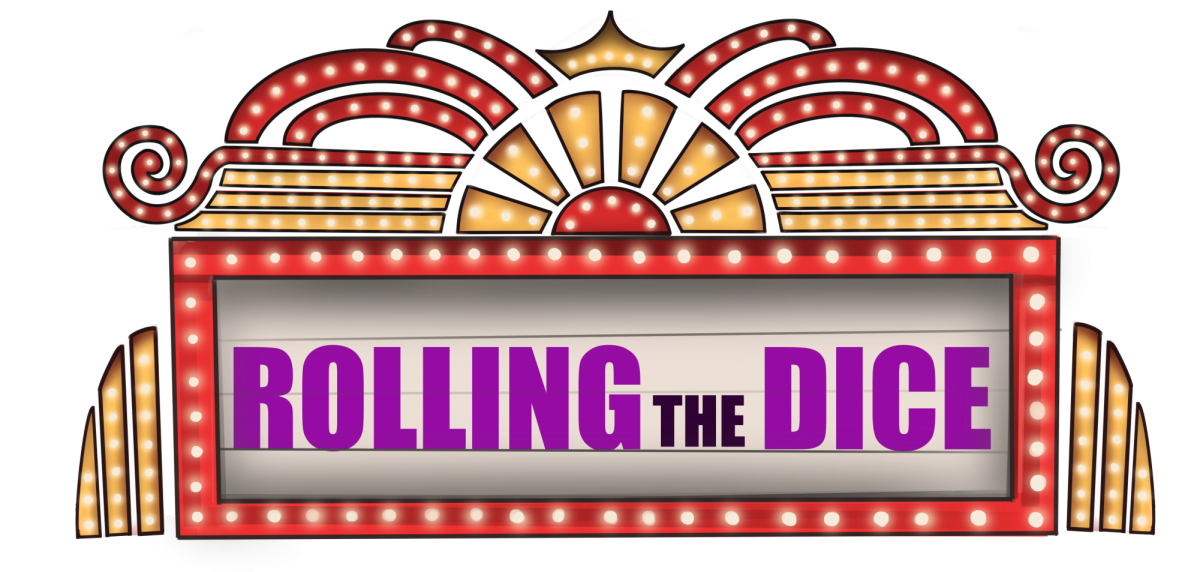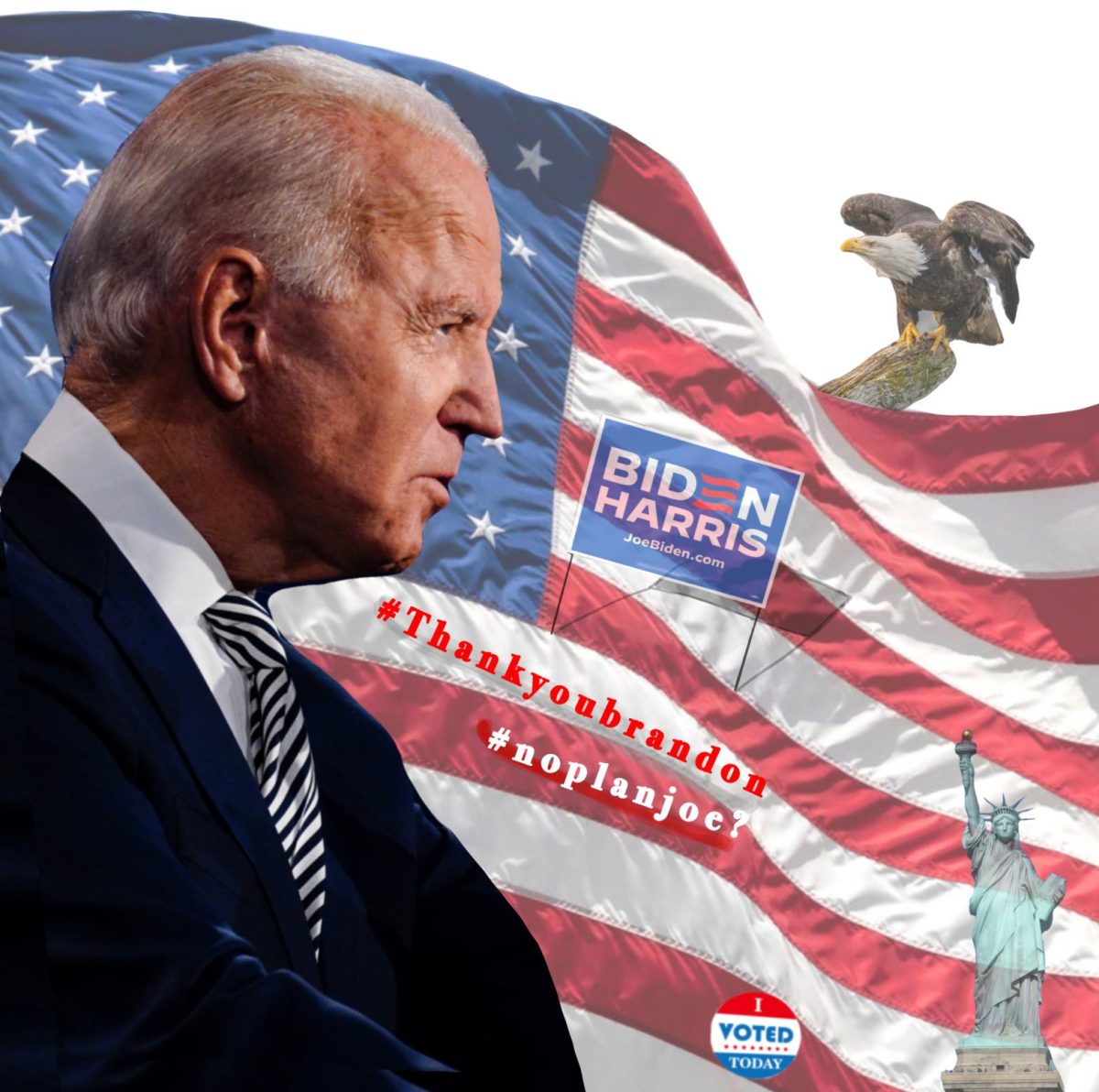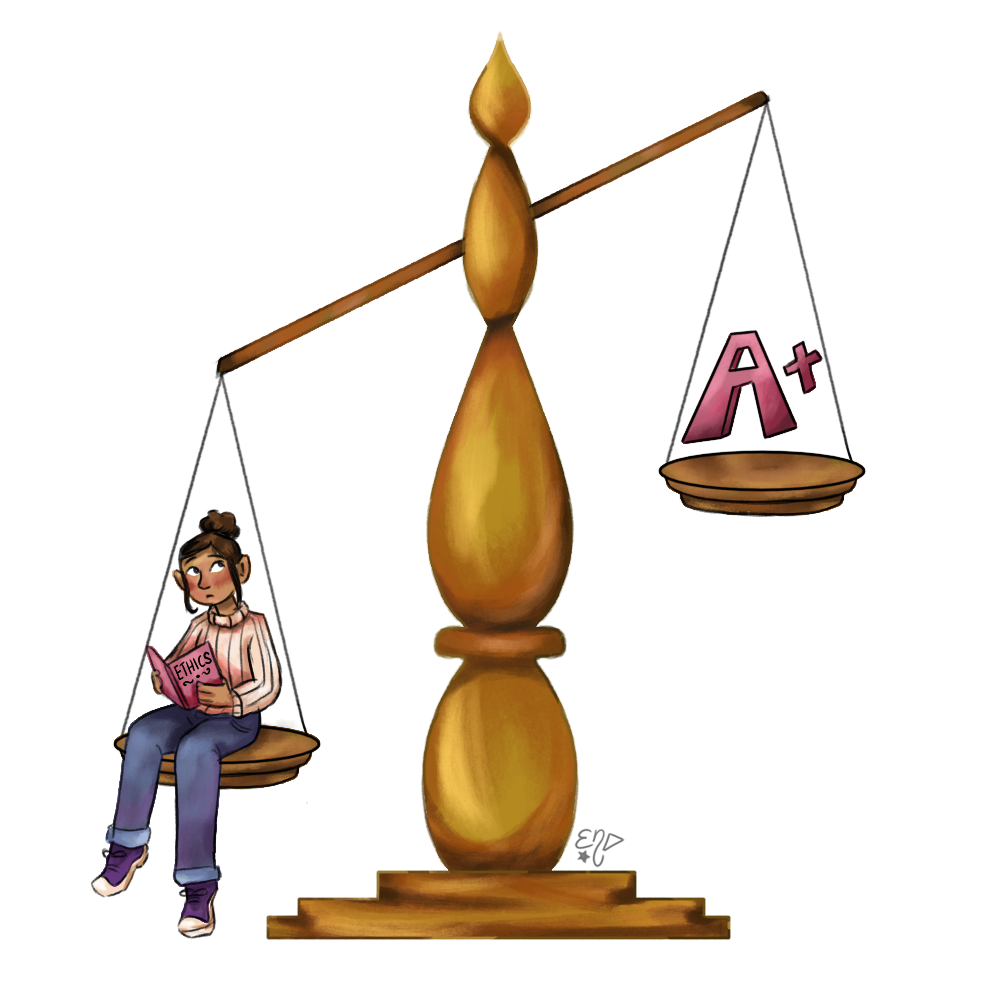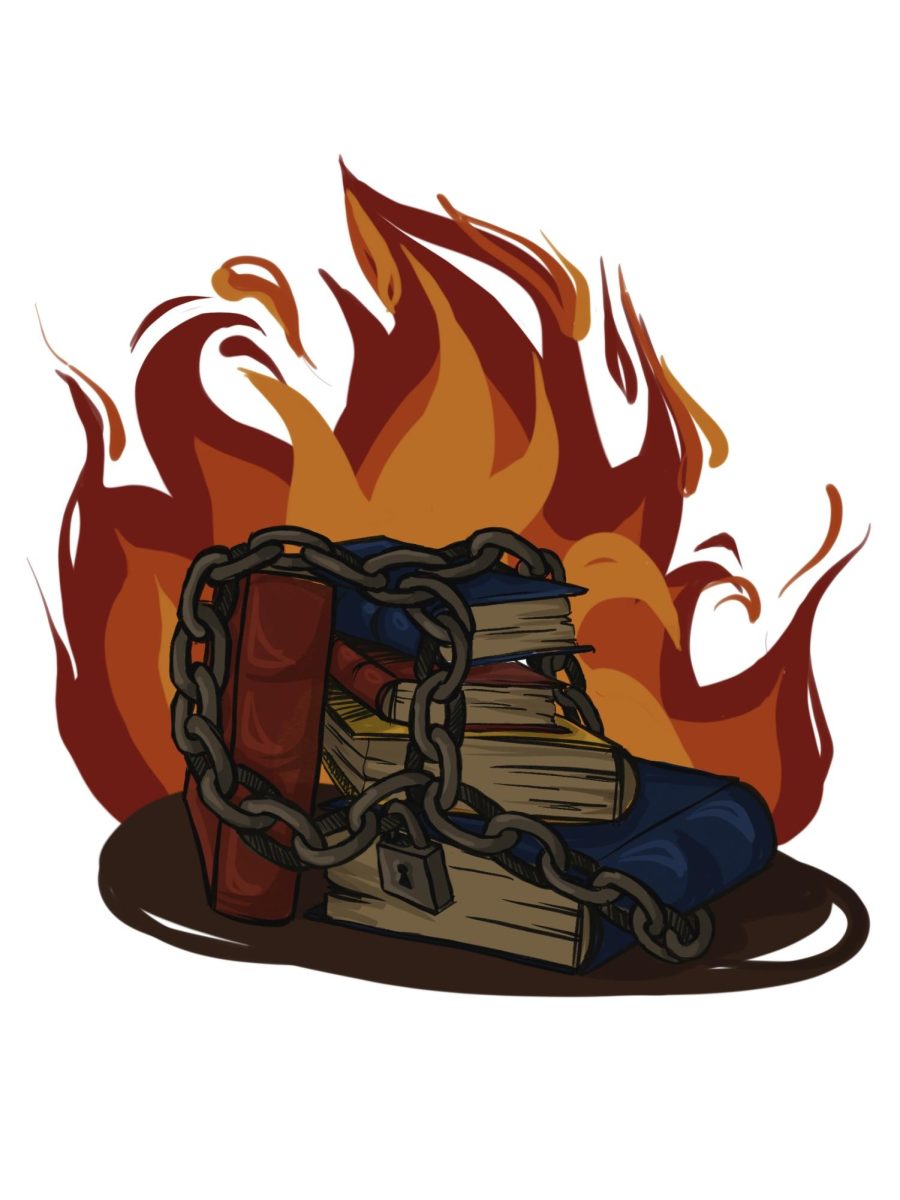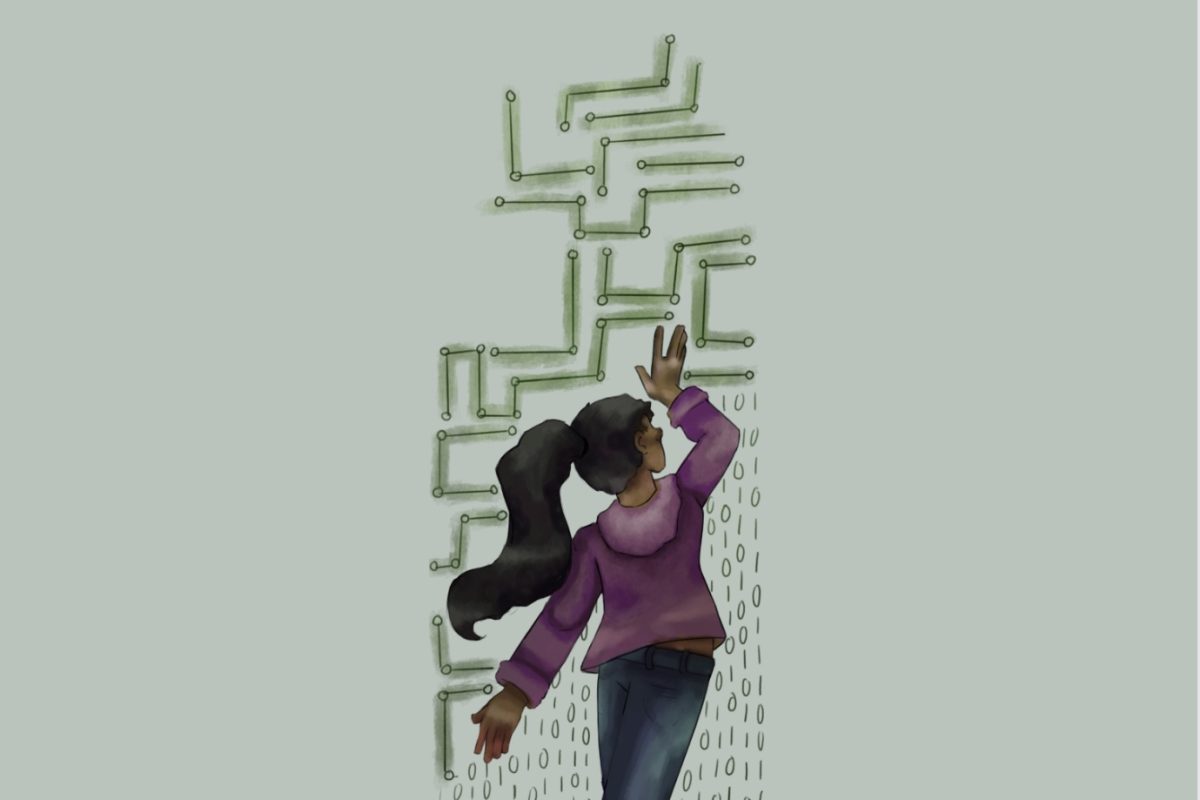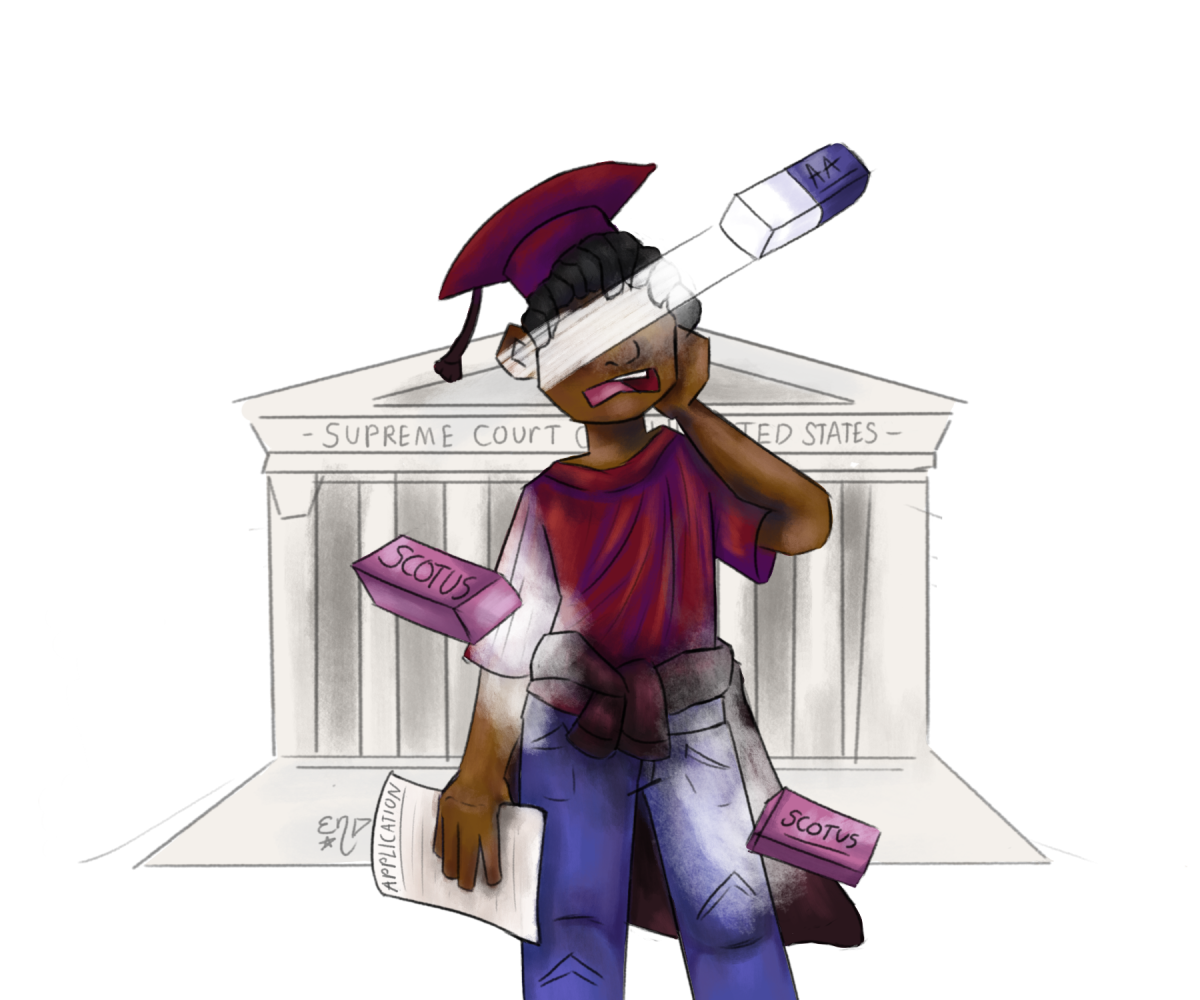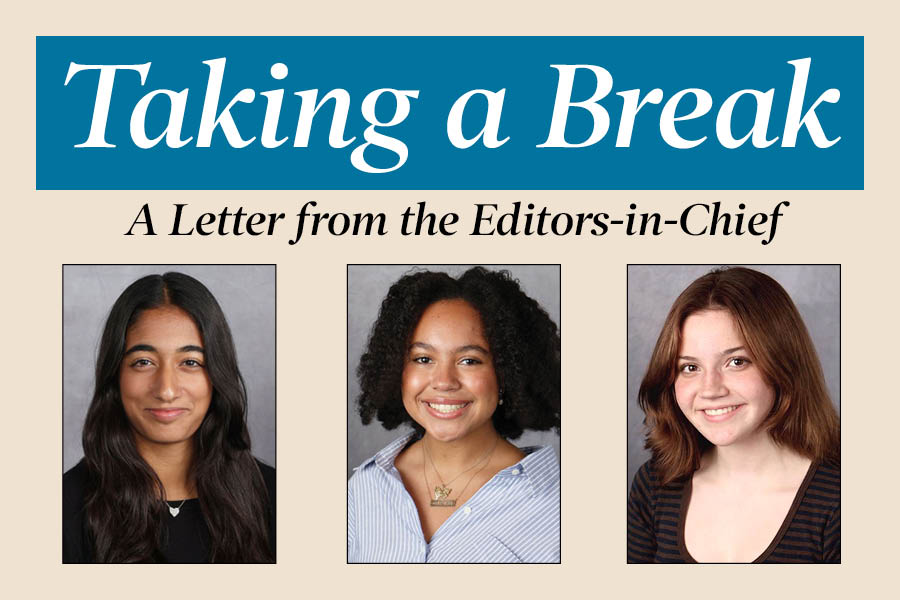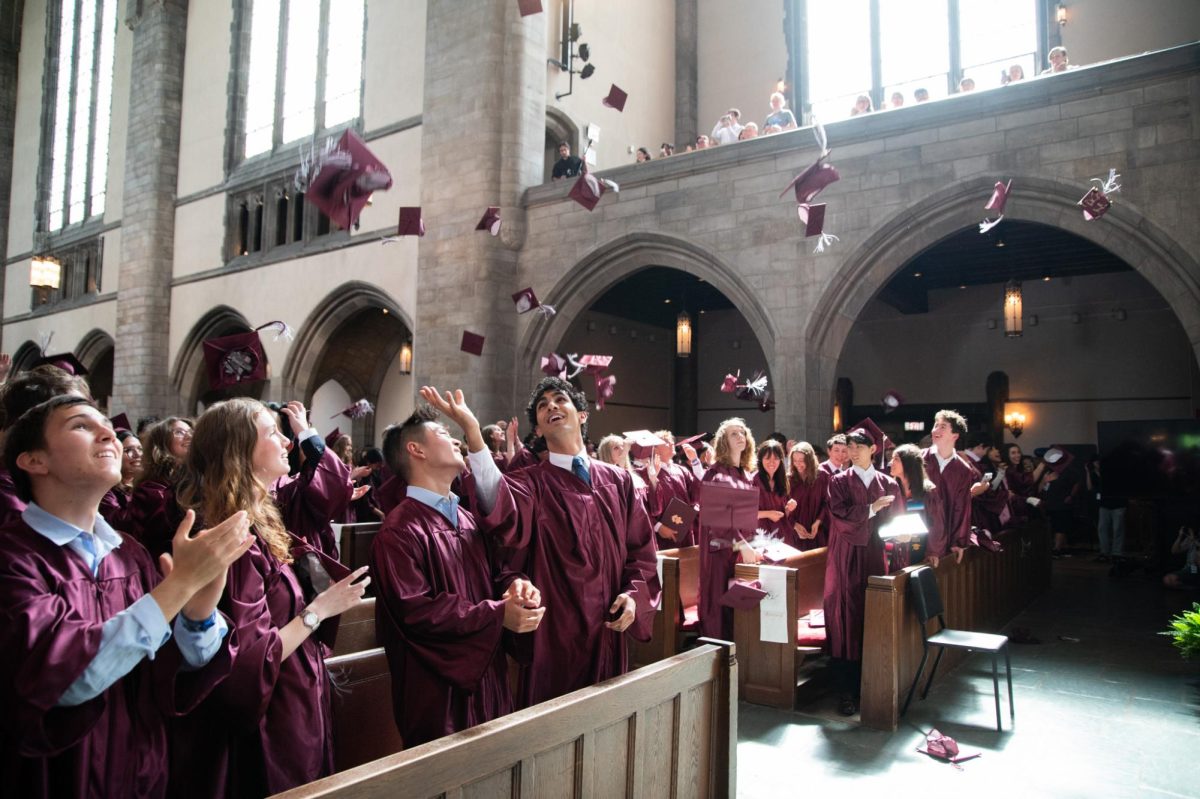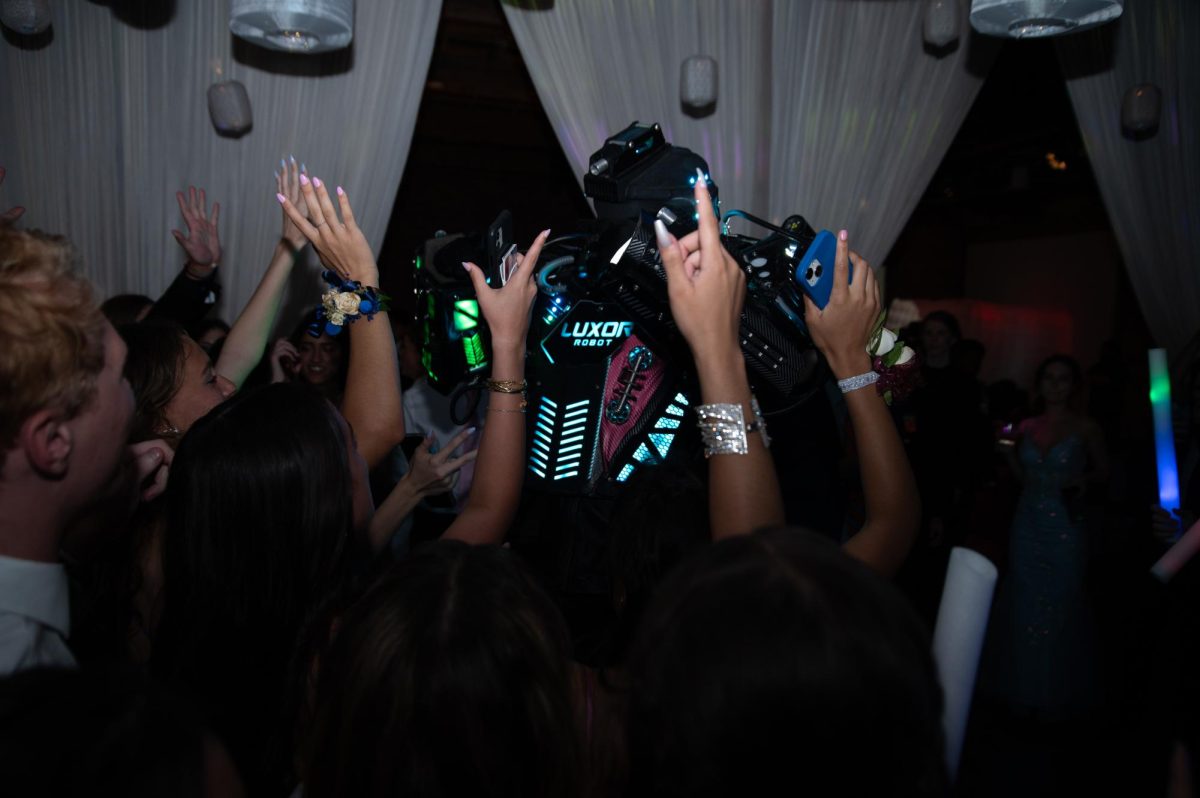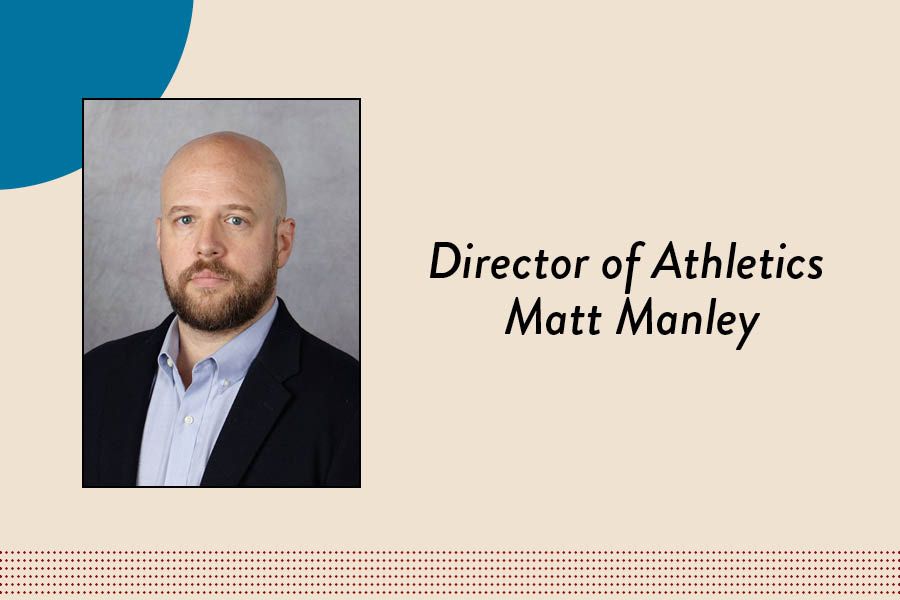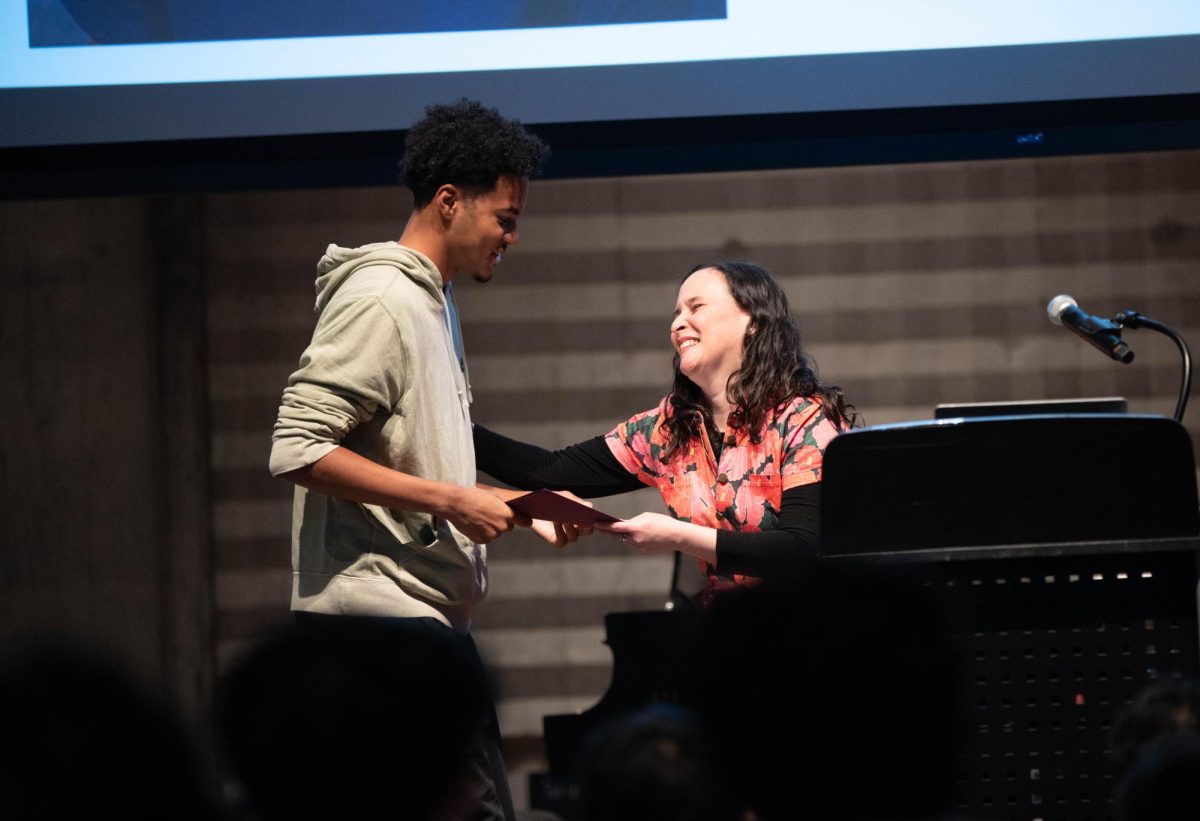Silent or Silenced?
While many teachers and administrators work to
promote free speech at U-High, some students still
hesitate to speak their mind, fearing retaliation from
their peers. With a number of significant political
events ongoing, certain students have found their own
outlets for free expression, while others remain silent.
May 6, 2024
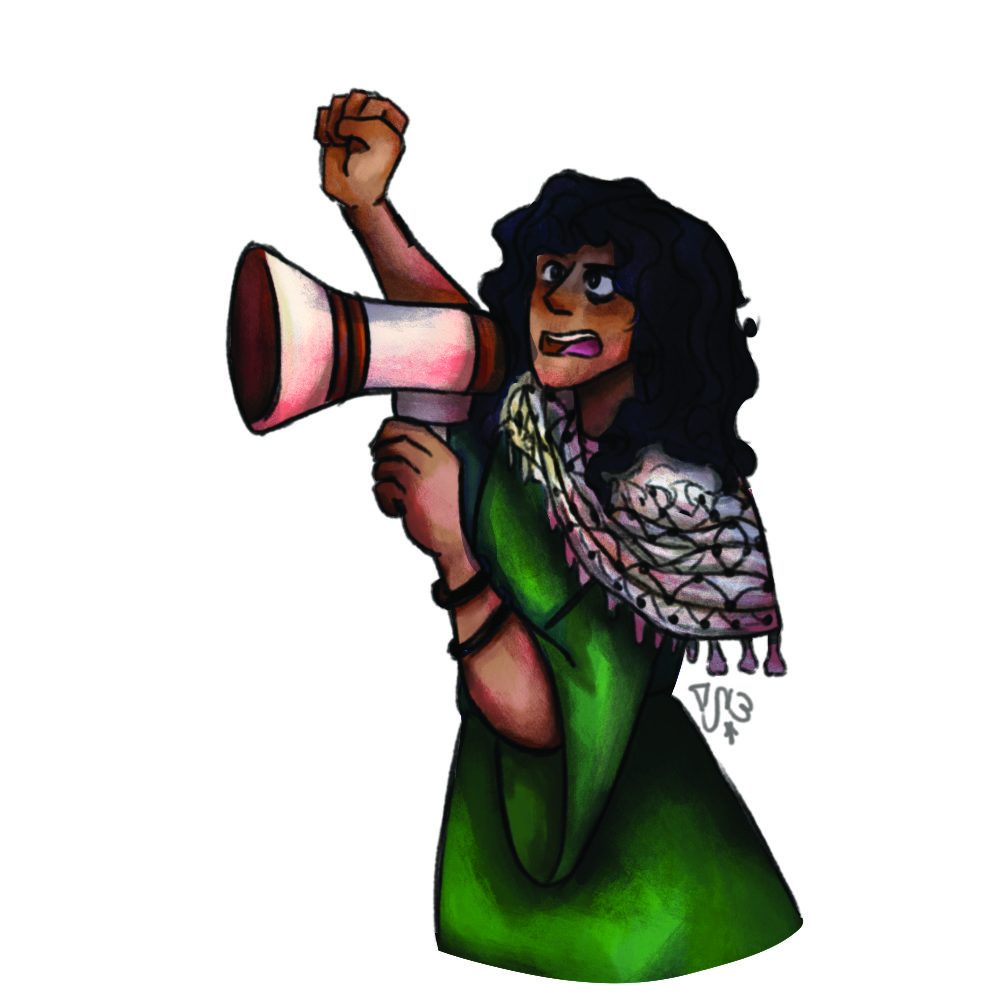
About the Contributors
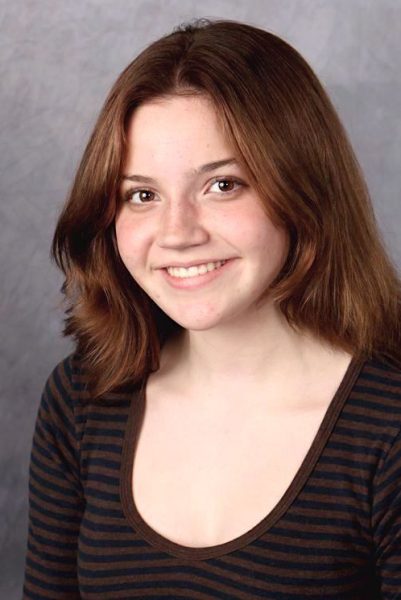
Clare McRoberts, Features Editor
Clare McRoberts is a member of the Class of 2025 and serves as Features Editor. She began in the 2021-22 school year when she was a ninth grader. Other than writing for the Midway, she enjoys running, cooking, reading and painting.
Awards:
2024 Scholastic Press Association of Chicago, news story, superior
2024 Scholastic Press Association of Chicago, opinion piece or column: superior
2024 Scholastic Press Association of Chicago, special coverage: (with Audrey Park and Sahana Unni) superior
2024 Scholastic Press Association of Chicago, broadcast feature: excellent
2024 Columbia Scholastic Press Association Gold Circle Award: Certificate of merit, personal opinion: off-campus issues, “It’s time to end legacy admissions”
2023 Journalism Education Association National Student Media Contests, San Francisco convention: Honorable mention, feature writing
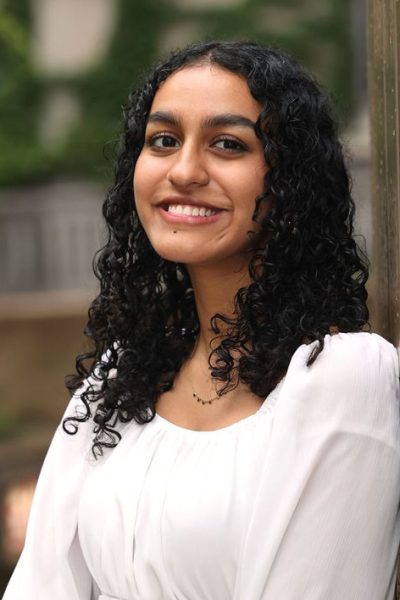
Sahana Unni, Editor-in-Chief
Sahana Unni is a member of the Class of 2024 and serves as an editor-in-chief. She began journalism as a ninth grader in the 2020-21 school year and has since appreciated the exposure to different ideas and perspectives. Her favorite story she has written is about the Jane Collective, a group of women who provided safe abortions before the procedure was legalized in the early 1970s. Outside of journalism, Sahana enjoys creative writing and reading, while also serving as an editor-in-chief of the Renaissance literary magazine and a captain of the Mock Trial team.
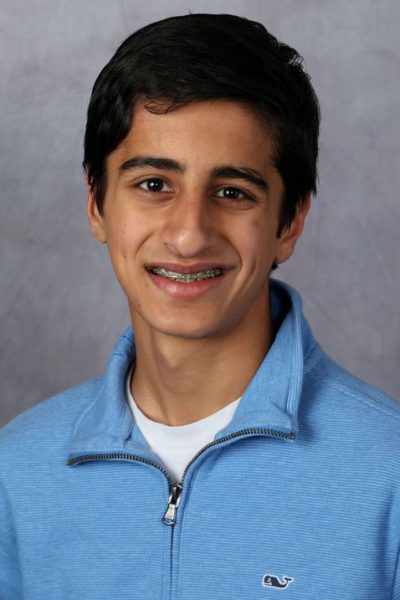
Kabir Joshi, Assistant Editor
Kabir Joshi is a member of the Class of 2026 and is an assistant editor. As a ninth grader, he joined the U-High Midway during the 2022-23 school year. His favorite story that he has written is "Movie differentiates itself from others." Outside of the Midway, he runs cross country and loves spending time with his dog.
Awards:
2023 Journalism Education Association National Student Media Contests, San Francisco convention: Excellent, review writing
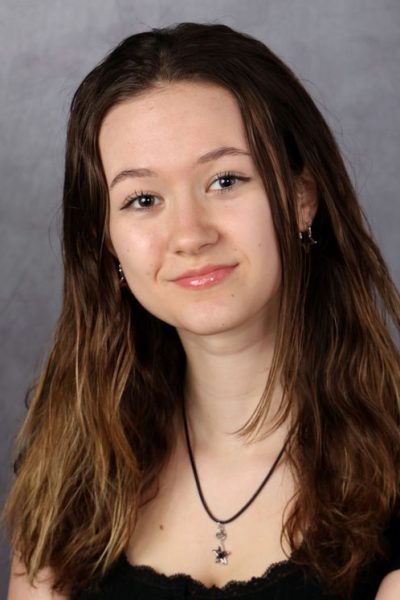
Light Dohrn, Assistant Editor
Light Dohrn is a member of the Class of 2026 and a Midway assistant editor. As a ninth grader, she joined the journalism team during the 2022-23 school year. Her favorite piece she has written for the Midway is “Through authenticity and humor, biology teacher inspires passion among students.” Outside of journalism, she enjoys Middle-Earth fantasy books and Tarantino films.
Awards:
2023 Journalism Education Association National Student Media Contests, Boston convention: Excellent, review writing
2023 Journalism Education Association National Student Media Contests, San Francisco convention: Honorable mention, press law and ethics
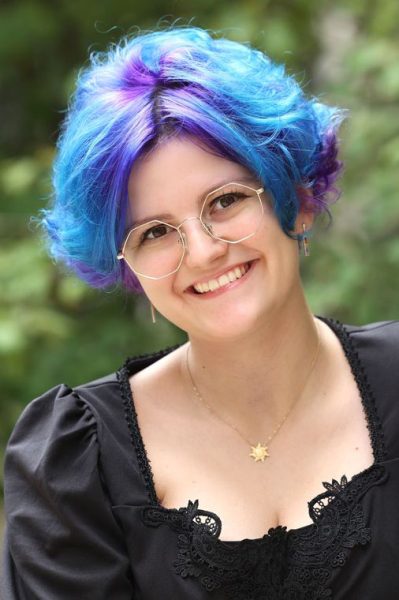
Eliza Dearing, Artist
Eliza Dearing is a member of the Class of 2024 and is an artist for the U-High Midway.
Awards:
2024 Scholastic Press Association of Chicago, original editorial cartoon, drawing or comic: superior
2024 Columbia Scholastic Press Association Gold Circle Award: Second place, art/illustration: hand-drawn, “Affirmative Apprehension”






